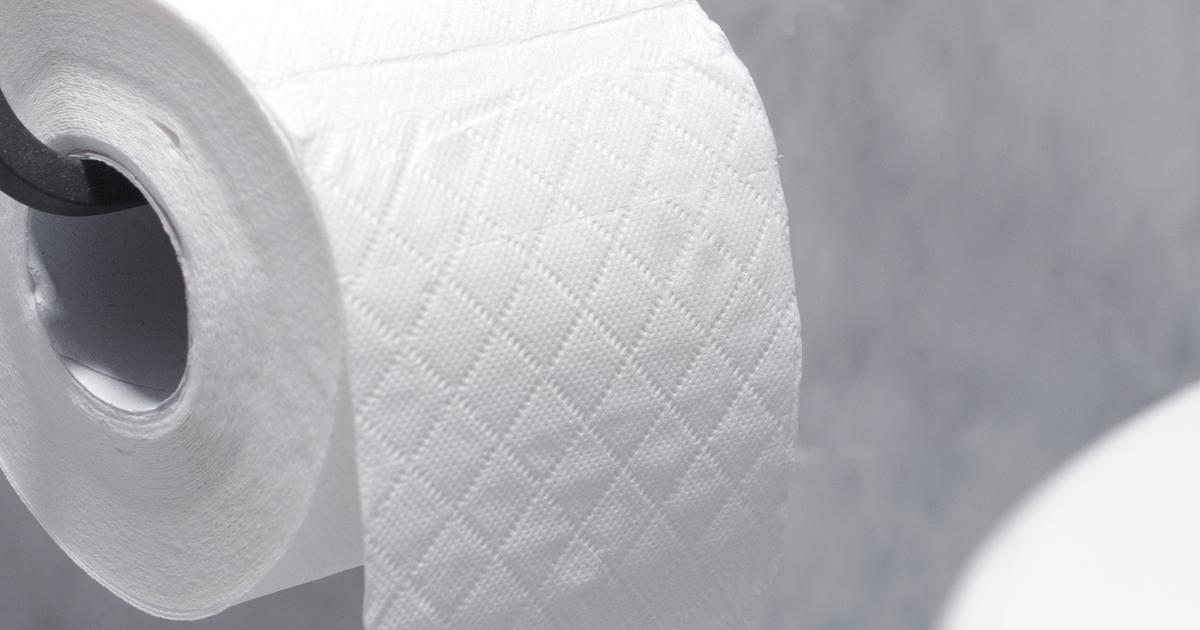Is Your Poop Normal?
Greasy Stool

Greasy stools tend to stick to the toilet bowl, and they may be difficult to flush. Drops of oil may be visible in the toilet bowl as well. Patients with greasy stools could have issues with digesting fat, and they may notice symptoms such as weight loss, diarrhea, gas, abdominal pain, and indigestion. Greasy stools can occur with lactose intolerance, celiac disease, Crohn's disease, Whipple disease, and biliary atresia. They may also develop due to issues with the pancreas, including pancreatitis and pancreatic cancer. Patients who notice greasy stools regularly should see a doctor for an evaluation. After taking the patient's medical history and performing a physical examination, the doctor will order additional tests. Patients may need to provide a stool sample, and blood tests could be recommended. Some individuals might need to have imaging studies too. Greasy stools caused by lactose intolerance or celiac disease may be treated with dietary modifications, and individuals with other conditions could be advised to take medication. Some causes of greasy stool could require surgical intervention.
Uncoer the most common causes of abnormal stool next.